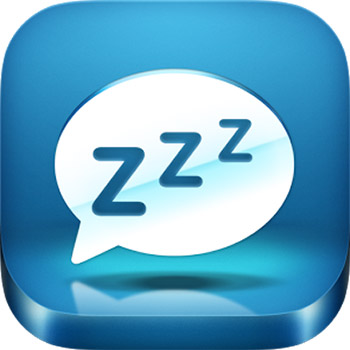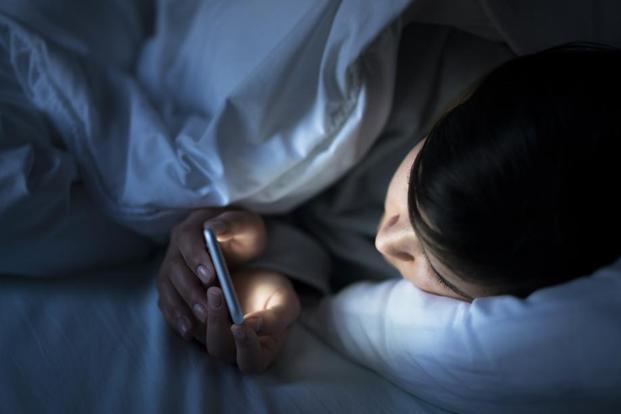Sleep apps can at best help you discipline sleep habits, not tackle disorders. There are many sleep apps that claim to use the accelerometer, microphone and camera in your phone to record the quality of your sleep, using sleep graphs to show how you slept, but all of them use average sleep patterns. This is based on the idea that interrupting the wrong sleep cycle—when you’re in slow-wave (deep sleep) or REM (dreaming)—can result in a sense of fatigue.

But a study published in June in Preventive Medicine Reports, which screened 369 sleep apps available on Android and iPhones, analysed the most popular apps and found that while most help users set sleep-related goals, track and manage their sleep, and even offer white noise or guided meditation, few make use of other methods known to help the chronically sleep-deprived.
“There weren’t a lot of apps that had any information about the benefits of sleep, mentioned health risks associated with not getting enough sleep, and recommended the amount of sleep someone should get on a regular basis,” said Prof. Diana Grigsby-Toussaint from the University of Illinois, US, who led the research, in a press release.
Sleep apps can be useful in disciplining your sleep
While you can use sleep apps to regulate and discipline your body clock and sleep cycles, you shouldn’t make the mistake of believing these can help you tackle sleep disorders.
The only way to accurately measure human sleep today is with the polysomnography test (PSG), a medical process which comprises a series of electrodes placed on the frontal, occipital, temporal and parietal areas of the scalp for one night, to measure brain waves, sleep patterns, sleep stages, oxygen, ECG and leg movements during sleep. “Even with a complete overnight PSG graph, you need an expert to spend almost an hour to analyse it and to be able to report confidentially,” says M.S. Kanwar, senior consultant, critical care, pulmonary and sleep disorders, Indraprastha Apollo Hospitals, Delhi, adding,
“Sleep is a very complicated process and so is the methodology to access it.”
“If you do not have any sleep disorders like insomnia or sleep apnea, these apps can help you keep good sleep hygiene, inculcate a habit in you,” says Vivek Anand Padegal, director, pulmonology and sleep specialist, Fortis Hospital, Bengaluru.
In a study published in March last year in the World Journal Of Otorhinolaryngology—Head And Neck Surgery, a review of sleep-analysis smartphone apps found that though most apps provided data on sleep structure, the algorithms they used were not validated by scientific literature or studies. There’s a huge knowledge gap between the technology these apps use and the technology used by sleep experts to help people with sleep problems, the study found.

Smartphones can’t always measure sleep stages accurately
The only way to do that, Dr Padegal explains, is by monitoring brain waves and patterns through electrodes, as doctors do.
The conclusion: Apps need to up the ante if they are to help people sleep. So, go ahead, use them, but remember their limitations. As Dr Padegal puts it, “In the absence of any hard clinical proof or scientific study which shows how these apps work, by themselves they should not be used to replace the council of a doctor.”
Read the complete article on Livemint.com

